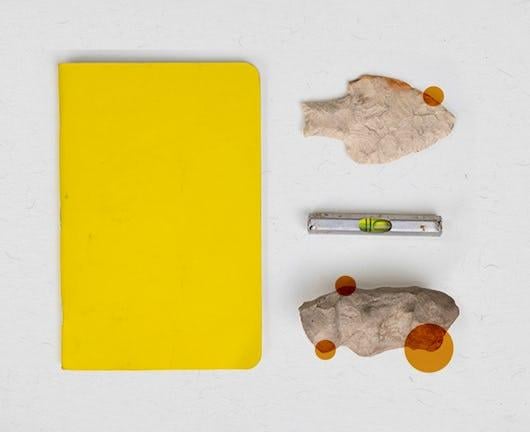MOOC List is learner-supported. When you buy through links on our site, we may earn an affiliate commission.

MOOC List is learner-supported. When you buy through links on our site, we may earn an affiliate commission.
This course covers scientific methods commonly used by archaeologists. The following two courses teach about forms of interpretation and contemporary social issues that archaeologists engage with.
This course is part of the Introduction to Archaeology Specialization.
Syllabus
Introduction
Welcome to "Archaeology as Science" course! Here, we'll explore how archaeologists use scientific methods to uncover the mysteries of the past. From excavation to remote sensing, we'll dive into the tools and techniques they use to reconstruct past behaviors and understand human settlement patterns. Join us on this fascinating journey into the world of archaeology!
The Science of Living Spaces
In "The Science of Living Spaces" module, we'll explore the history behind a plantation house built in the 1830s by enslaved people. Using historical documents and archaeology, we'll investigate the lives of those who lived and worked there, including the impact of the convict leasing system after emancipation. Join us to expand your knowledge of the past and honor their lives!
The Science of Environments
Hey there! Are you curious about how scientists uncover clues about past environments? Ever wonder what the world looked like thousands of years ago? If you answered yes, then you're in the right place! In this module, we'll explore the fascinating science of paleoenvironments and human ecology. Discover how archaeologists use various types of materials to reconstruct past environments, from ancient sediments to human artifacts. Get ready to delve into the mysteries of the past and learn about the incredible techniques used to unravel them!
The Science of The Human Diet
In this module, we'll explore the science of the human diet. We'll study ancient animal bones, biomolecules, and stable isotopes to understand how food has shaped our past. We'll also look at the cultural significance of food, from cooking to societal changes. As we investigate human diets, we'll find out how they relate to environmental shifts, population dynamics, and cultural evolution. We'll also discover how ancient people weathered climate change and adapted to new environments. From declines in human health associated with transitions to farming to the intricacies of daily life, the foods we eat can reveal a wealth of information about our ancestors. Finally, we'll explore how trade networks have moved plants, animals, and people across the world throughout history. So join us on this fascinating journey through the archaeology of human diets and discover how food has shaped our past and present.
The Science of Landscape
Welcome to "The Science of Landscape," where we explore how landscape archaeology and settlement studies can help us better understand our shared history. From analyzing natural resources to shedding light on dynamic relationships between sites, we'll delve into the interdisciplinary methodologies that facilitate comprehensive analyses of large-scale data sets and spatial relationships. Let's enrich our understanding of past societies and the complex networks of influence that shaped human history!
The Science of Time
Hey there! Are you fascinated by the mysteries of the past? Do you ever wonder how archaeologists can accurately determine the age of artifacts? If so, then you're in for a treat! Welcome to "The Science of Time" - a module dedicated to exploring the fascinating world of chronologies and dating techniques used by archaeologists to unravel the secrets of our ancestors. From relative dating methods, which help us determine the order of materials in a sequence, to absolute dating techniques that assign specific dates to artifacts, this module will take you on a journey through the evolution of these scientific techniques. Get ready to uncover the secrets of stratigraphy, typological sequences, and more! Join us as we dive deep into the science of time and discover the incredible stories hidden within the artifacts of the past.
The Final Dig
Hey there! It was great having you in Archaeology as Science, the second part of the Introduction to Archaeology specialization. Hope you enjoyed learning about excavation, geoarchaeology, landscape studies, dating techniques, and other kinds of research archaeologists engage in to investigate the past. Now that you know how datasets are built to record living spaces, entire landscapes, and the passing of time, it's time to take a step further. Our next course, Archaeology as Reconstruction of the Past, will be even more exciting as we learn about how archaeologists study identity through the remains of past foodways, how ancient people understood sacred spaces, and how we can learn about the transition to farming. These examples and more will be covered in the next course in the Knowing the Past series. I hope you'll join me for the next adventure in the fascinating world of archaeology!
MOOC List is learner-supported. When you buy through links on our site, we may earn an affiliate commission.
MOOC List is learner-supported. When you buy through links on our site, we may earn an affiliate commission.
